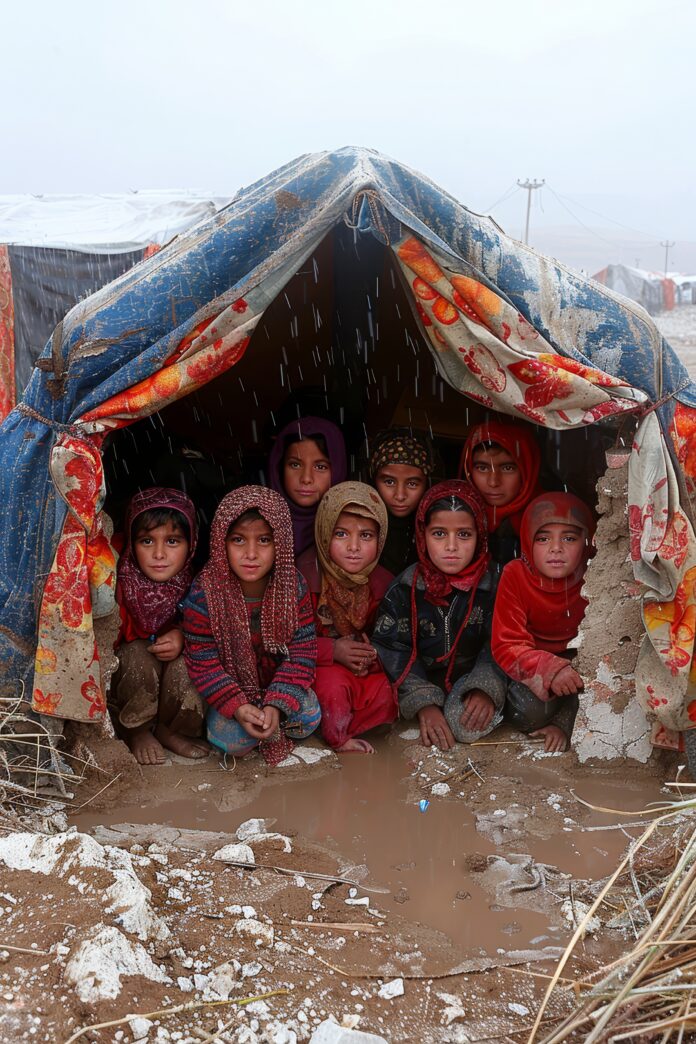Evr is more than just a word; it is the core of Turkish culture. Rooted deeply in traditions that have evolved over centuries, evırı captures the sense of unity, hospitality, and shared experience that define communities across Turkey.
This article explores evırı’s profound impact on Turkish culture, its origins, and why it continues to shape how people connect today.
Understanding Evırı and Its Meaning
The concept of evırı is difficult to translate directly into English. It encompasses ideas of togetherness, mutual support, and the joy of being part of a close-knit community. In Turkish villages and cities alike, evırı describes the unspoken bonds that form through shared meals, celebrations, and everyday interactions.
Evırı is an essential thread in the social fabric, offering people a sense of belonging that goes beyond family ties.
The Role of Everybody in Turkish Hospitality
One of the most visible expressions of evırı is Turkish hospitality. Guests are treated with generosity and warmth, offered tea, coffee, or a meal as a sign of respect and care. This custom exemplifies the essence of kindness in everyday life and is based on the belief that everyone is deserving of kindness. From bustling Istanbul neighborhoods to remote Anatolian villages, this spirit of hospitality makes visitors feel instantly welcome.
How Evırı Shapes Celebrations and Festivals
Festivals and holidays in Turkey are vibrant displays of everything. During Ramadan, neighbors exchange food, families gather for iftar, and communities organize events to share blessings. Weddings, circumcision ceremonies, and harvest festivals are other occasions where evırı shines, uniting people of all ages.
These gatherings are not just about celebration; they reinforce social bonds, ensure traditions are passed on, and remind everyone of their place in the community.
Evırı and the Importance of Shared Values
Shared values like respect for elders, helping those in need, and maintaining strong family ties are at the core of evırı. These principles guide behavior and decision-making, helping communities stay cohesive even during times of hardship.
In many towns, it’s still common for neighbors to care for each other’s children, lend a hand during difficult times, or celebrate life’s milestones together. Evırı ensures no one feels alone.
In Rural versus vs Urban Turkey
While evırı is often associated with village life, it remains a powerful force in cities. Urbanization has changed the dynamics of Turkish society, yet traditions of evırı adapt to new realities. Apartment neighbors may form tight communities, and urbanites still find ways to organize social events that foster connection.
Regardless of location, its resilience demonstrates how deeply ingrained it is in Turkish identity.
Modern Challenges to Evırı
Despite its enduring presence, evırı faces challenges in modern Turkey. Rapid development, economic pressures, and changing lifestyles have led to more individualistic attitudes in some areas. Technology, while connecting people globally, sometimes reduces face-to-face interactions that nurture evırı.
However, many initiatives—like local cultural associations and community centers—are working to keep evırı alive by creating spaces for people to meet and engage with one another.
Keeping Evırı Alive for Future Generations
Parents and grandparents play a crucial role in passing on the values of evırı. Teaching children the importance of sharing, empathy, and supporting their community helps preserve this cherished part of Turkish culture. Schools, too, can promote evırı by encouraging teamwork and respect among students.
By embracing these traditions, younger generations can continue to find strength and identity in their communities.
Evırı’s Universal Lessons
Although evırı is a uniquely Turkish concept, its lessons are universal. In a world where isolation is an increasing concern, the principles behind evırı—kindness, unity, and shared purpose—offer inspiration for building stronger communities everywhere.
Whether practiced in Turkey or adapted elsewhere, evırı reminds us of the power of human connection.
Conclusion: Why Evırı Matters Today
Evırı is more than a nostalgic ideal; it is a living tradition that sustains Turkish communities. It encourages generosity, strengthens social ties, and brings people together in moments of joy and sorrow. At its core, evırı is about seeing others as extensions of ourselves—worthy of care, respect, and inclusion.
We celebrate not only Turkish culture but also the universal human desire to belong by honoring everyone.

